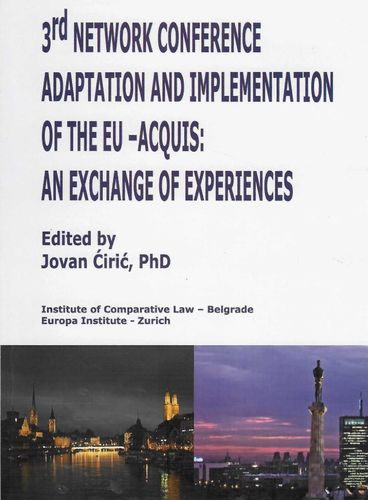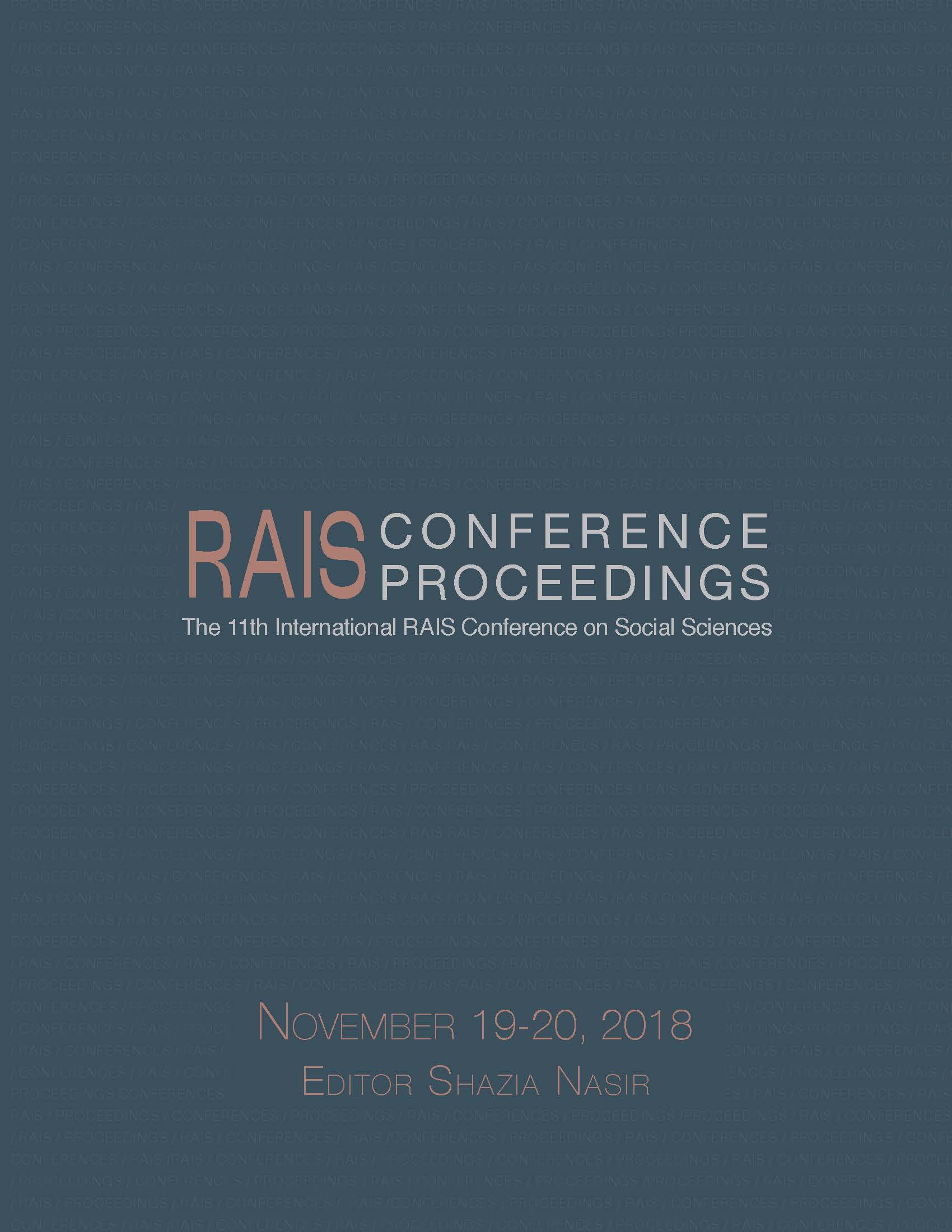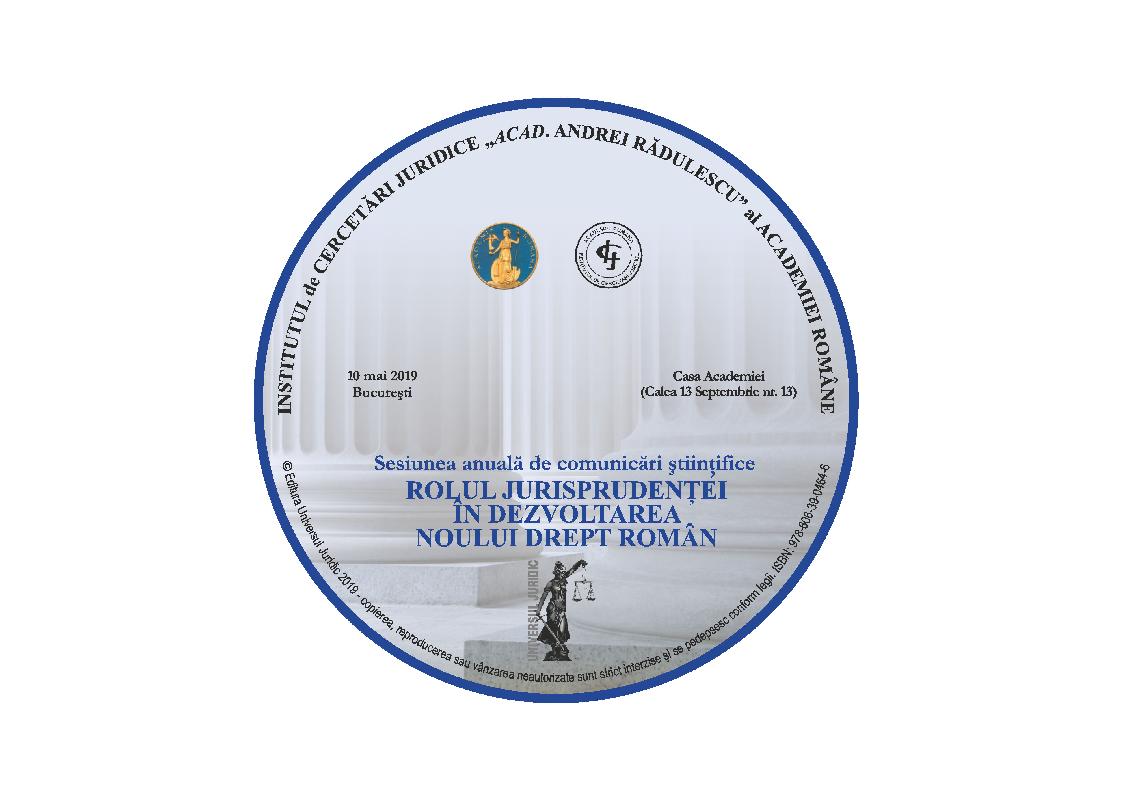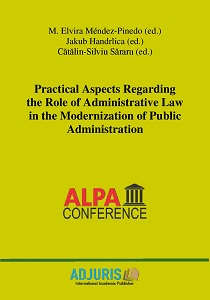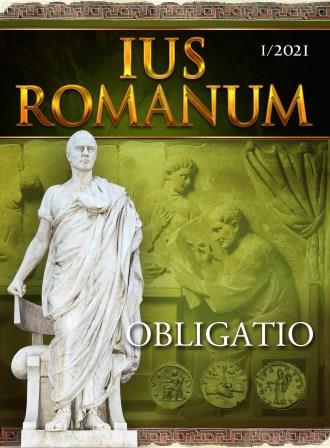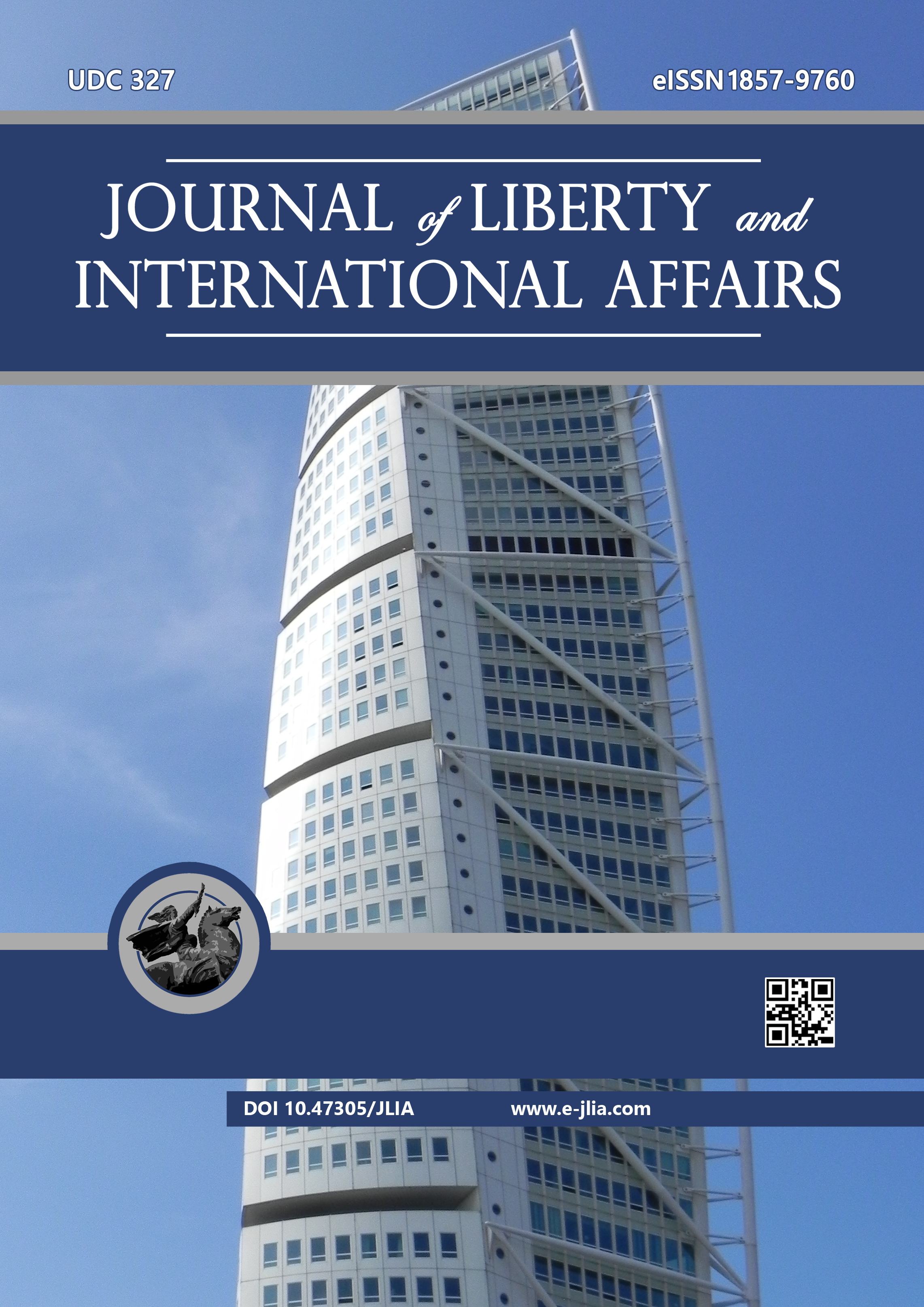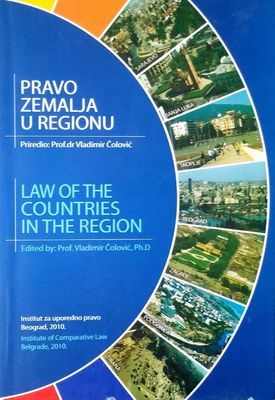
Strategija regulatorne reforme: Hrvatska, Federacija BiH i Crna Gora
The paper deals with the concept of improving regulatory environment and the implementation of the regulatory reform strategies. The EU has set itself the strategic goal of becoming the most competitive and dynamic knowledge-based economy in the world. Achievement of this goal depend in part on improving Europe’s regulatory environment to avoid unnecessary burdens on businesses, citizens and public administrations. Therefore, high quality regulation must be seen as a public good and action must be taken at both EU and national levels within a comprehensive strategic approach to realize it. After introductory notes with regard to the importance of the regulatory reform, the author analyses the Mandelkern report. The high-level Advisory Group was formed in December 2000 when 16 experts were appointed to it, representing each of 15 countries of the Union and the Commission. From the time it was formed, it was known by the name of its Chairman, M. Mandelkern. Better regulation is a drive to improve the policymaking process through the integrated use of effective tools, not an attempt to impose further bureaucratic burdens on it. Many Member States have elaborated ambitious regulatory reform and/or simplification programs and have developed a wide range of tools, based on EU and OECD guidelines or on successful experiences from other countries. It recommends practices in topics applicable to both national governments and the European Commission. The second part of the article is dedicated to the presentation of implementation of the regulatory reform strategies in the following countries: Croatia, Bosnia and Herzegovina and Montenegro. Within the concluding observations, the author sums up presented observations and especially emphasizes the importance of improving regulatory environment.
More...
